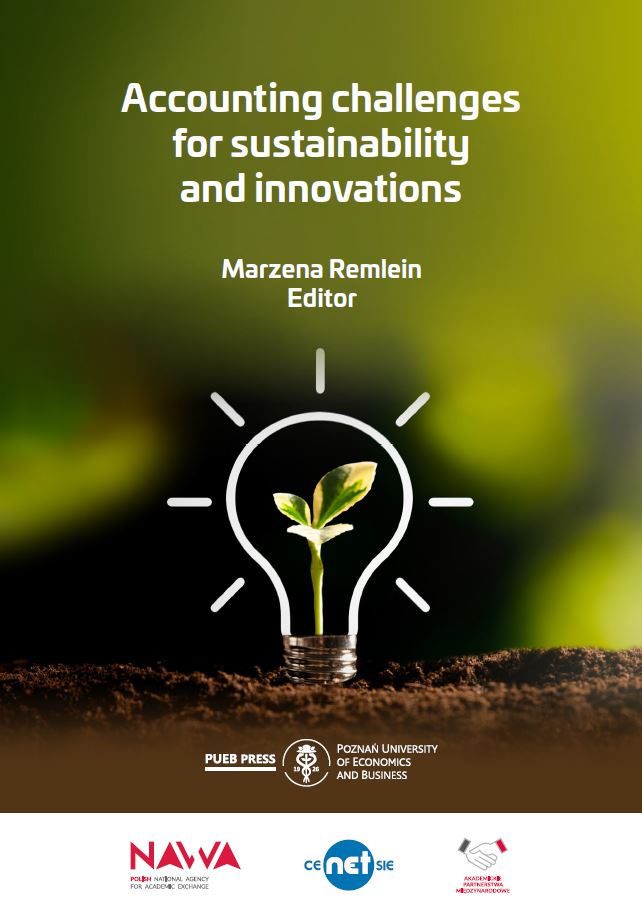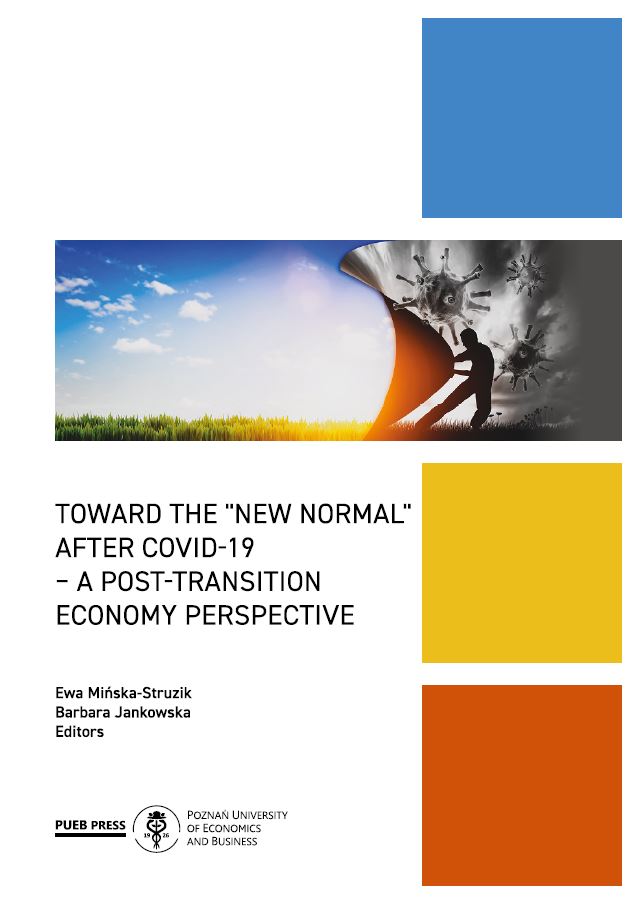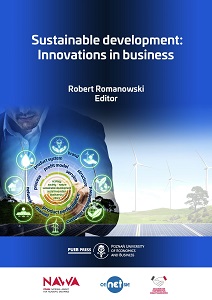
Sustainability and Corporate Social Responsibility in accounting
The term sustainable development is understood as such socio-economic development in which the process of integrating political, economic and social activities takes place, while maintaining natural balance and the durability of basic natural processes, in order to ensure the possibility of satisfying the basic needs of individual communities or citizens of both the modern generation, and future generations. Sustainable development has three dimensions: ecological, economic and social. A consequence of the growing importance of social and ecological aspects of business operations is the increased interest and requirements for reporting, understood as a set of reports containing both financial and non-financial information. This chapter covers the concept of sustainable development, CSR and explains the role, goals and challenges of social responsibility accounting. CSR reporting has become some kind of a trend in non-financial reporting. Many large international companies make great efforts to prepare CSR reports in order to transparently communicate with their stakeholders as well as strive to achieve established social and environmental goals. CSR covers different aspects of business, with, among other things, environmental issues being highlighted. The importance of green accounting has been recognized globally where the adoption of the 2014/95/EU Directive has just further raised awareness of the importance of reporting on the environment and environmental activities. This chapter covers the basic concept and development phases of sustainable and environmental accounting, explains the role of green accounting in modern business conditionsand discusses the benefits and opportunities it provides to interested users.
More...




